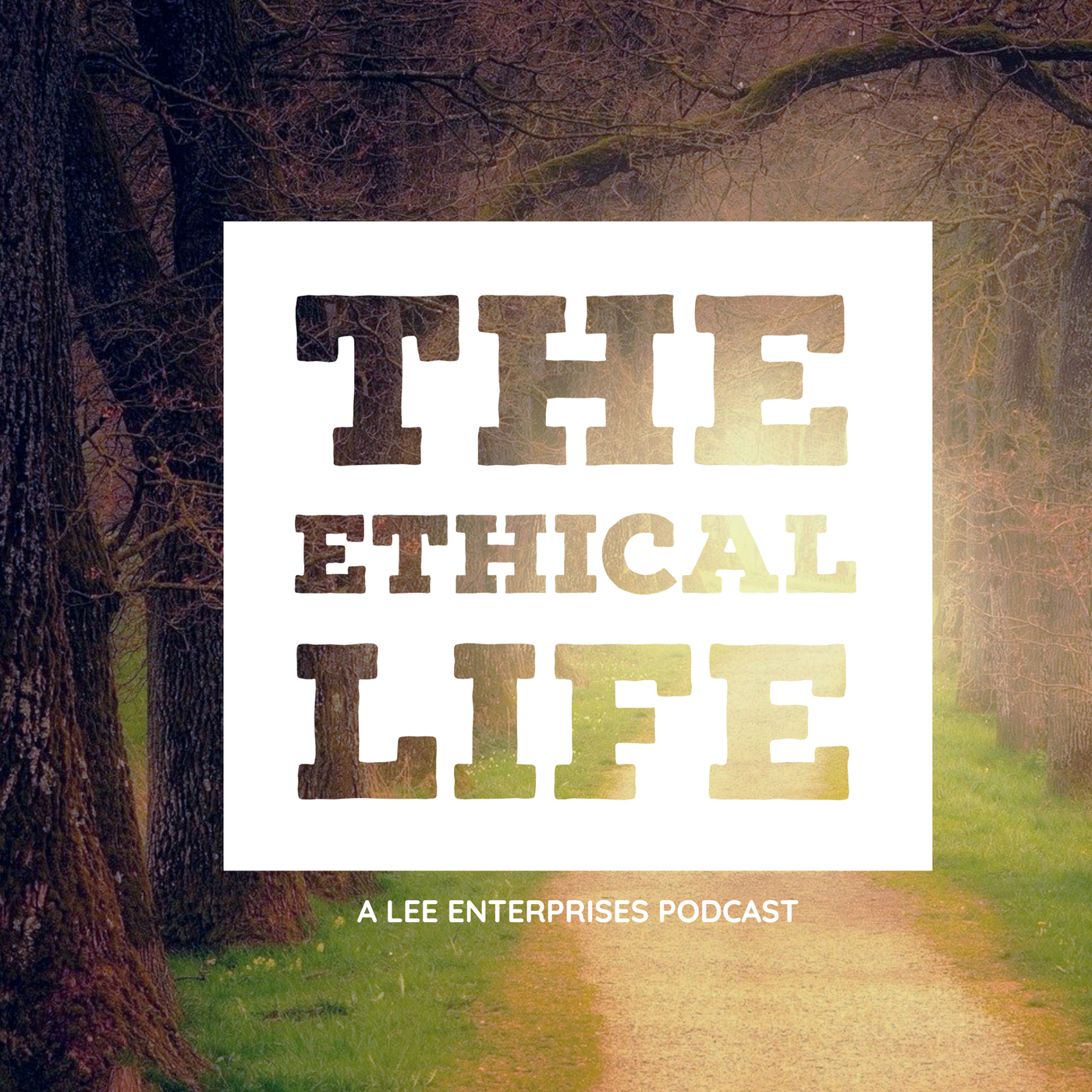About this episode
Published November 5th, 2025, 06:00 pm
Episode 219: In the latest episode of The Ethical Life podcast, hosts Richard Kyte and Scott Rada take on one of humanity’s oldest — and least discussed — questions: What is the soul? This episode is part of Kyte’s lecture series, The Search for Meaning.
It’s a timely conversation, released just after All Souls’ Day, yet Kyte points out that few people actually think about what the day commemorates. Instead, Halloween tends to dominate the season’s attention.
Still, belief in something beyond the physical remains nearly universal. Citing a recent Pew Research Center survey, Kyte notes that more than 80 percent of Americans say humans have souls — a rare point of agreement in a divided nation. But if nearly everyone believes, why is the topic so absent from everyday life?
Rada and Kyte explore that paradox. When people stop viewing themselves as souls, Kyte argues, they begin to see themselves only as bodies — and bodies, he says, “are intrinsically pleasure-seeking.” The result is a culture obsessed with comfort and consumption, rather than meaning. Seeing ourselves as souls, he adds, reminds us that fulfillment comes not from pleasure but from purpose.
The conversation moves from theology to psychology, touching on Sigmund Freud’s fascination with the soul despite his atheism. Freud saw the concept as vital language for describing the wholeness of human experience — including the unconscious mind, which can surface unexpectedly through what we now call Freudian slips.
Listeners will also hear Kyte reflect on stories of near-death experiences reported across cultures and history. These moments, he said, can’t be dismissed easily. “When you find a phenomenon that’s widely reported across cultures, it’s not simply a cultural product,” he said.
Rada presses Kyte on whether the mystery itself — not knowing what happens after death — might actually serve us. Kyte thinks it does. “It doesn’t really help us to know exactly what life after death is like,” he said. “What matters is how we live now.”
Read more: Rick's Kyte's column about souls
Social media links
Subscribe
